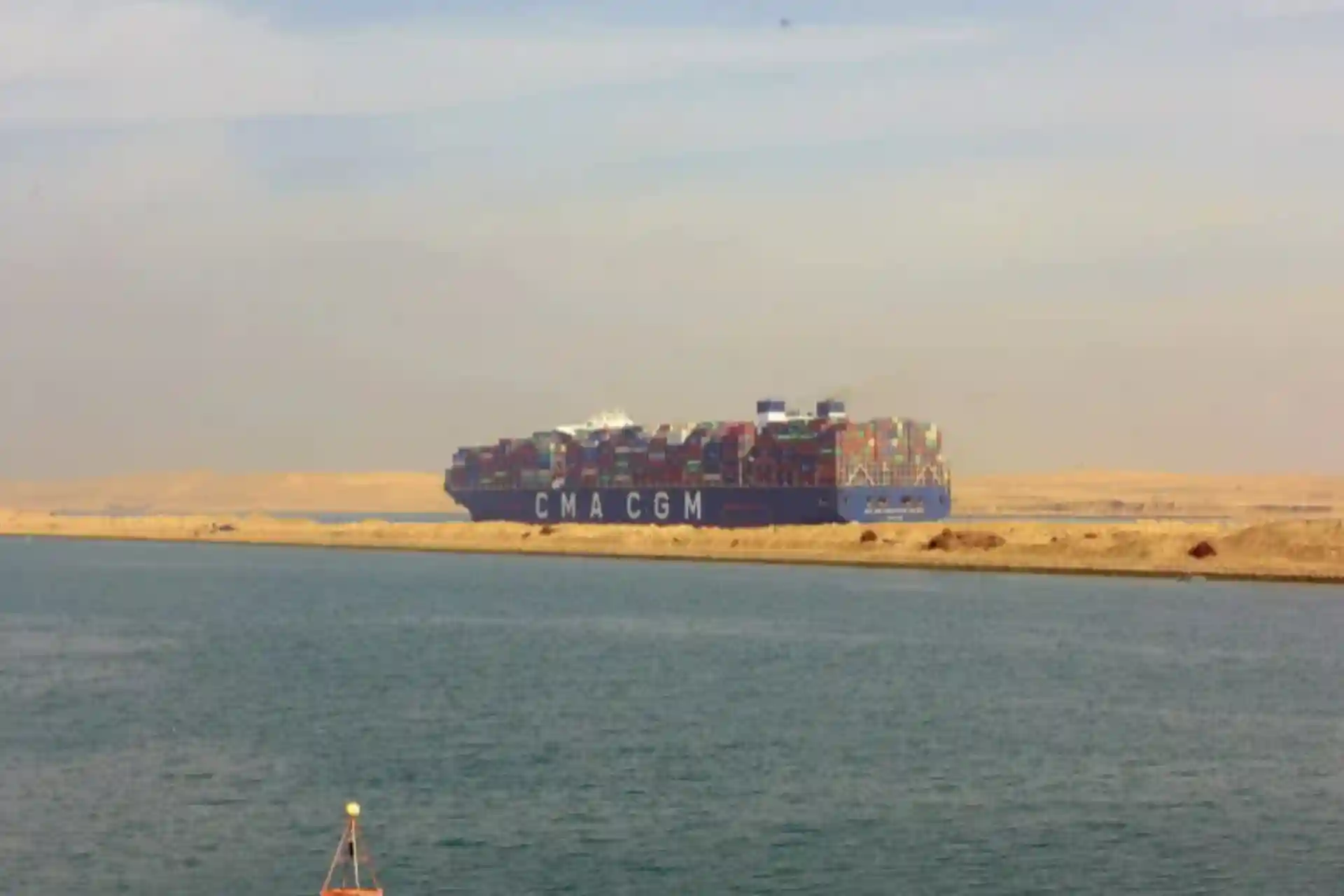22.11.2024 09:54
1640
Egypt has lost 70 percent of its Suez Canal revenue due to tensions in the Red Sea
The International Monetary Fund has reported that Egypt's revenue from the Suez Canal has dropped by up to 70 percent as a result of Yemeni Houthi attacks on ships linked to Israel in the Red Sea. At the same time, the IMF's decision to allocate $8 billion in loans to support economic reforms in Egypt led to an increase in the price of goods and services in the country.
In the context of the geopolitical crisis in the region, the profits from the Suez Canal, an important source of income for Egypt, have declined sharply. The International Monetary Fund (IMF) has reported that Egypt has lost 70 percent of revenue from its main waterway as the situation worsens in the Red Sea.
The IMF delegation visited Egypt from November 6-20 and reviewed the economic reform program for the fourth time, which is implemented with an 8 billion dollar loan.
According to the fund, the economic outlook for the region, including Egypt, remains complex amid ongoing geopolitical tensions. The statement noted that conflicts in Gaza and Israel, trade disruptions in the Red Sea had a negative impact on the Egyptian economy, and led to a decrease in revenues from the Suez Canal.
The channel's revenue, the country's most important source of foreign exchange, has fallen by 70%, which has a significant economic impact.
Yemen's Houthis, who support Gaza, which has been under Israeli occupation since October 2023, have been attacking Israeli or Israeli-affiliated ships in the Red Sea with missiles and drones. This is forcing many ships to avoid the Suez Canal route, opting for a detour through the Cape of Good Hope, despite the additional costs.
The IMF also noted that the increase in the number of refugees will put additional financial pressure on public services, especially health and education. In this regard, it was decided that Egypt needs to do more to increase local revenues, manage financial risks, especially in the energy sector, and expand the social safety net.
The situation is aggravated by inflation, which has exceeded 35% this year. In response to the economic crisis, Egypt signed an $8 billion agreement with the IMF last March to address the effects of the global economic crisis, which has also contributed to higher prices for goods and services in the country. The deal includes commitments to economic reforms, including a flexible exchange rate, strengthening the private sector and reducing spending on infrastructure projects.



